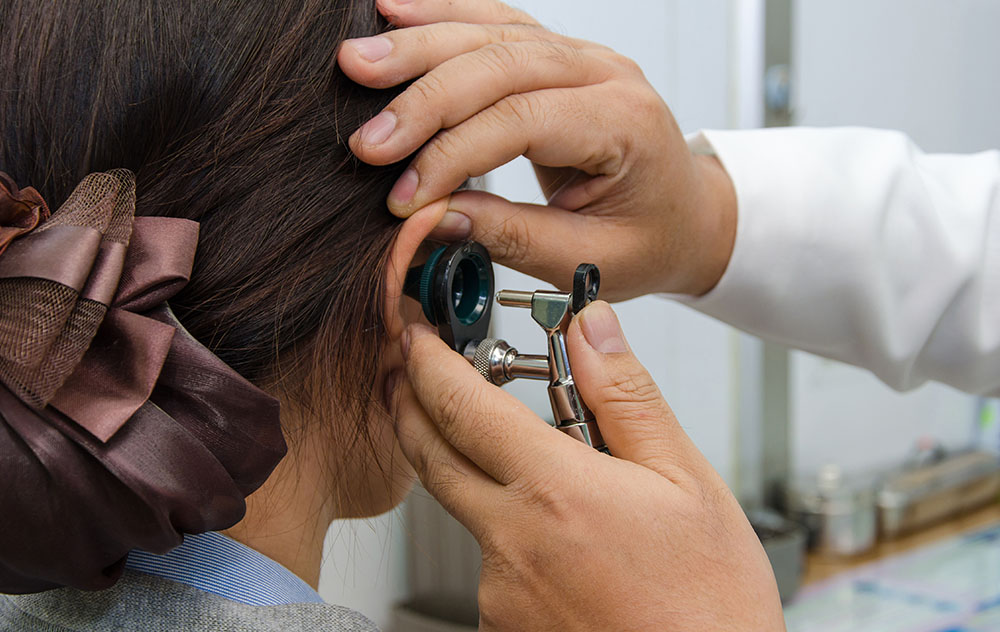Specialized Audiologists: What Areas Do They Focus On?
Entering the world of hearing health can seem complex if you’ve never


Entering the world of hearing health can seem complex if you’ve never

A pivotal figure in the workplace, a hearing specialist plays a crucial

Hearing tests are essential for determining whether you have hearing loss